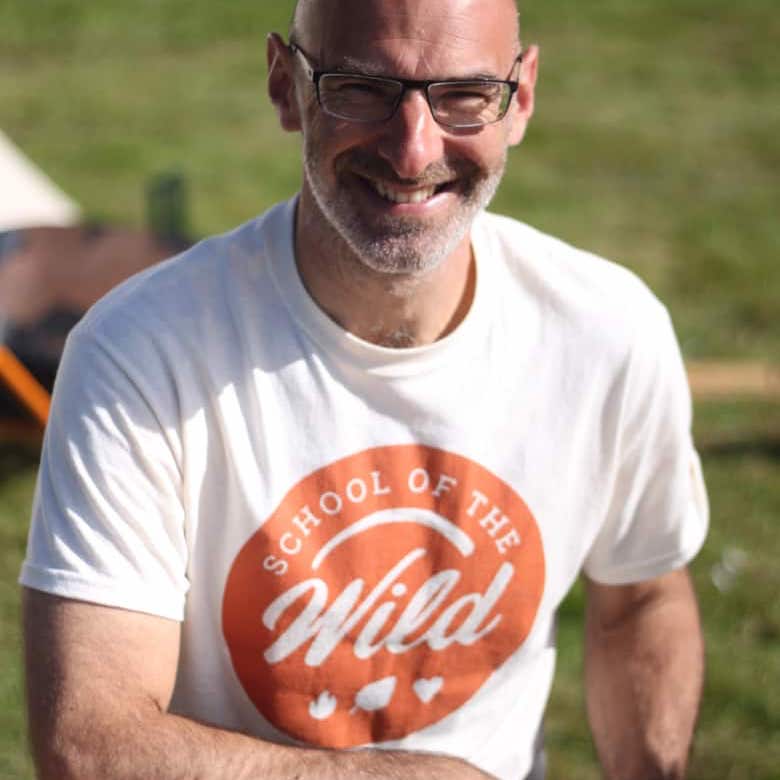Your staff problem isn't communication – it's listening. Here's how nature helps you solve it.26/12/2020
Communication is everything when you're leading a team. It all starts with listening. Getting out into nature can help you and your team come together and be better listeners and communicators.
photo by Jason Rosewell on Unsplash
As a leader, everything you do and say communicates something, whether you want it to or not. So it's no secret that good leaders are also good communicators.
When teams have problems with performance or relationships, poor communication including anything from a lack of clarity to not sharing information to being unable to have honest healthy debate - will be one of the reasons why. Communication issues are common in many organisations. Much of the time though the problem isn't communication. It's listening. At the start of 2020 we asked 60 business leaders about their experience of having meaningful conversations with their teams. One of the biggest frustrations they reported was people not listening and instead talking at each other, “so it’s not a dialogue where new understanding might emerge.”
We’ve all been in team meetings where people didn’t really listen to each other or share what they really think, causing a lack of progress and some members to feel that they or their input isn’t valued.
However when your team become great listeners, it transforms how you communicate and work together. And being in nature can help. Most people are aware of the health and wellbeing benefits from being outside. Being in the fresh air, stretching your legs and being outdoors surrounded by trees and plants, all have known scientific benefits. What is less well-known is that being in nature improves how your team listens and communicates.
Here's how:
Being in nature gives your team members perspective. According to one study, feeling a sense of awe from being in nature - such as looking at an oceanscape or an undulating range of hills, standing in a grove of towering trees or staring at a vast starry night sky - diminishes your emphasis on self. The study’s findings indicated a sense of awe shifts people away from thinking about themselves towards considering collective concerns and the welfare of others. Being in nature makes team members less ego-centric. A study from the University of Derby found a link between the number of selfies people take and time spent in nature. It found that "those reporting a higher connection to nature spent significantly less time on their smartphones and took fewer selfies.” They were also “significantly more agreeable, conscientious and open to experience.” In another study, participants who spent a minute looking up into a beautiful stand of eucalyptus trees reported feeling less entitled and self-important. This lack of ego is evident in our outdoor team workshops. Being together in nature you're immersed in a different context that seems to shift everyone, diminishing the boundaries between each other, which makes conversations more comfortable and more open. Nature offers a more open environment for discussion. As a leader, taking your team to a space where they are more comfortable sharing will improve communication. According to writer and resiliency expert Dr. Eva M. Selhub, who specialises in stress and organisational wellbeing, we underestimate how heavily the human brain is influenced by its physical environment. Being out of the office - or away from your computer if working from home - has a big impact on how you think and feel. By leaving behind your work environment, you leave behind the distractions of screens and interruptions and what’s next on your to-do list, opening up space for what you can discuss. Being outdoors helps team members overcome office politics, fear of being judged or laughed at, and instead fosters improved communication and collaboration. In an open and unstructured natural environment, groups can get to know each other better without the restrictions of social hierarchies. This helps you all connect on a deeper level, breaking down personal barriers, building trust and forming meaningful relationships, which leads to better communication. “There is definitely something about being out in the open that breaks down barriers. I certainly found myself being very open and honest.” Ben P, Business development mentor and participant at one of our sessions A natural environment can also be more collaborative. The design of your environment also impacts how you work as a team. In an office, desks tend to be placed opposite or next to each other. In contrast, sitting in a circle around a fire and talking - which is how we host our team days - is more open, collaborative and primal, it is how we advanced human culture for thousands of years. In a circle you have the opportunity to see each others' faces better without the obstruction of monitors or furniture. By doing so, you can read others' feelings and emotions, be more empathetic and listen more effectively. Connecting with nature lowers stress and boosts empathy When people feel stressed or overwhelmed, they turn inside themselves. It's hard to connect with others or be empathetic and open when dealing with your mental wellbeing. Connecting with nature has many positive benefits on stress and a feeling of being out of control. One study into landscape and urban planning found access to green space has a positive impact on lowering the stress hormone, cortisol. And sitting around a campfire causes your blood pressure to drop and leaves you feeling more relaxed and at ease as part of a multisensory, absorptive and social experience. There is overwhelming evidence that taking your team outside into nature has a hugely beneficial impact on listening. Better listening encourages understanding and openness and - ultimately - better team working. As a leader, consider how you can bring the lessons from nature to help your team work smarter. Can you find time to get outdoors? What challenges could you solve by working more collaboratively? What are the issues our team aren't talking about - but need to?
Ready to make the change? Enquire about a session for your team here.
Comments are closed.
|
Author & CuratorNigel Berman is the founder of School of the Wild. Archives
March 2024
|
Leaders |
About Us
Support |
|



 RSS Feed
RSS Feed



